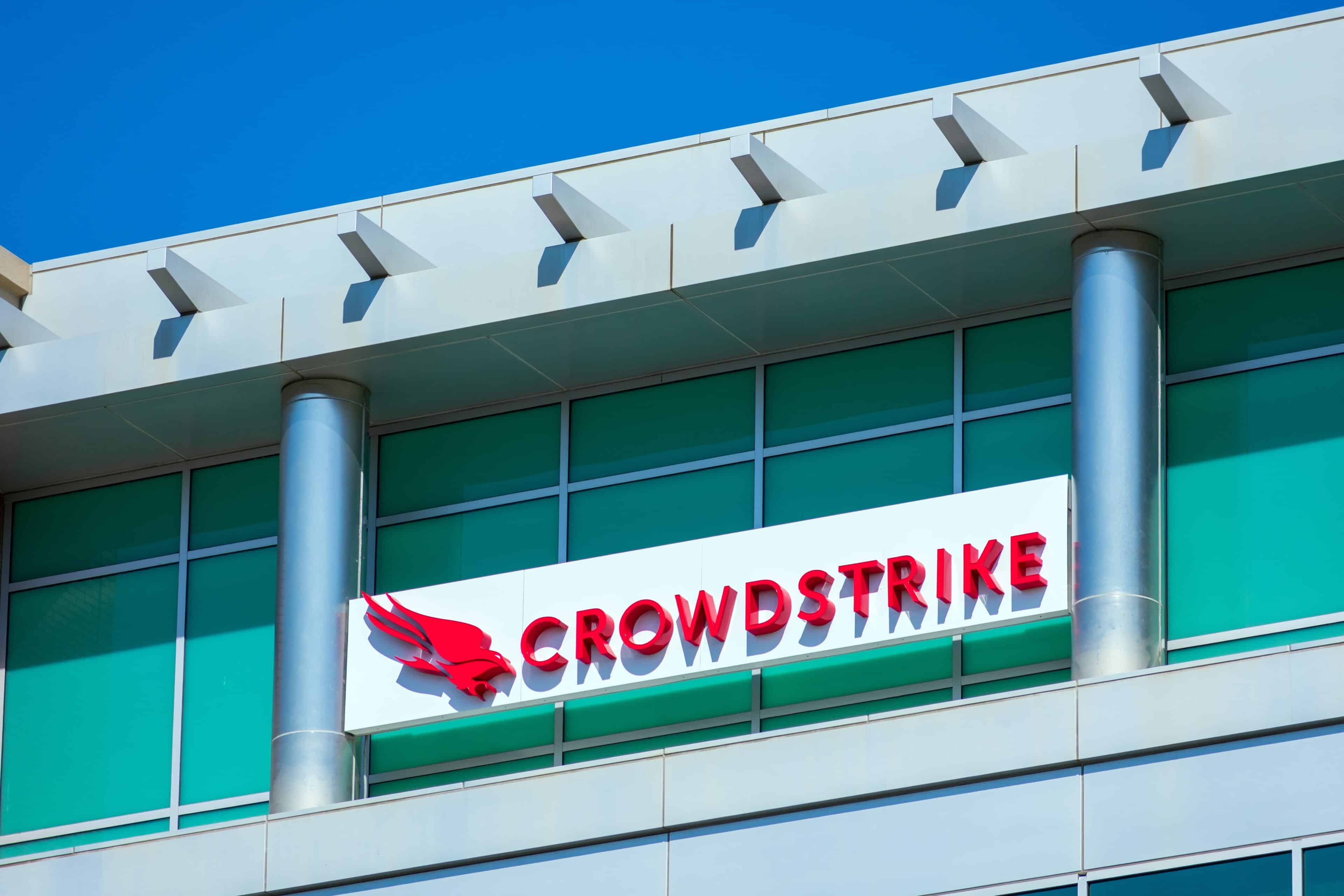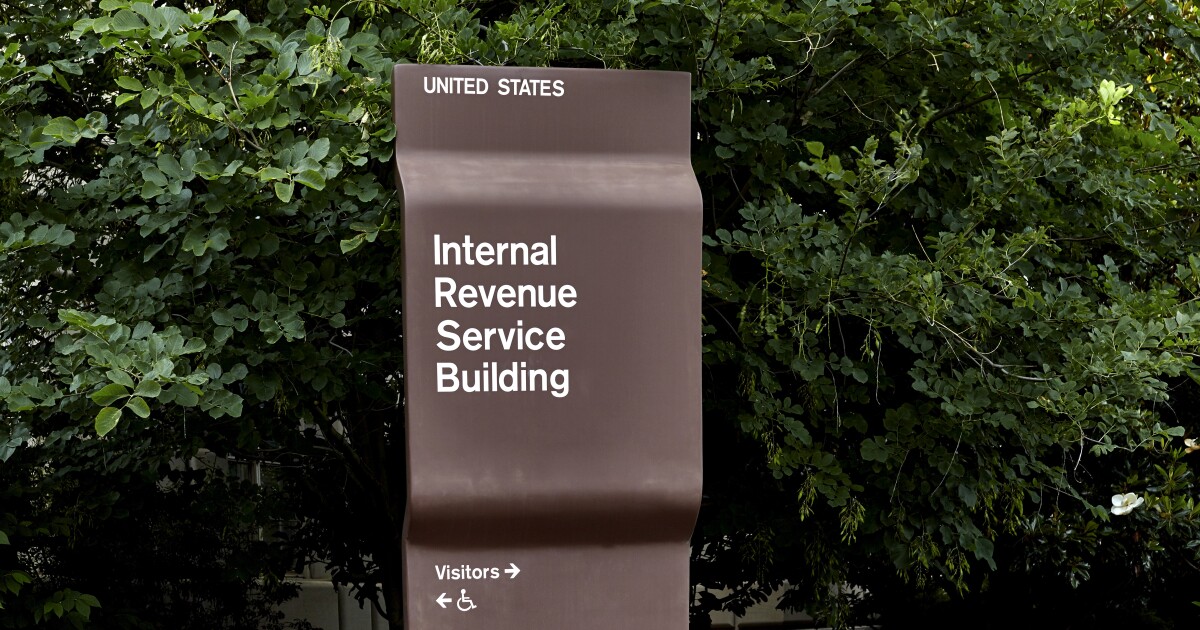Businesses eager to see Congress revive expired research and investment tax breaks have reason for optimism that a deal could come together as soon as this month.
Even as a new tax year has begun, Republicans and Democrats are expressing hope that they can come together on a $100 billion tax deal in time for businesses to make use of the breaks for the 2023 tax filing season.
A potential deal between Senate Democrats and House Republicans would involve a retroactive renewal for 2023 of an expired research and development break, as well as a deduction for some kinds of interest and expanded “bonus” depreciation of investments like equipment.
Sarah Silbiger/Bloomberg
Democrats are aiming to have the package include an expanded child tax credit and say they see positive signs in ongoing talks between Senate Finance Committee Chairman Ron Wyden and House Ways and Means Chairman Jason Smith. The chairmen have been in constant touch with their party leaders, and any deal between them is expected to be backed by leadership.
“The tax-writing committees are continuing to have productive, bipartisan discussions as we work toward an agreement. We’re optimistic, and the goal remains getting this done in time for changes to take effect in this upcoming filing season,” Senate Finance Committee spokesman Ryan Carey said in a statement.
The extension of the business tax breaks through 2025 would cost roughly $47.4 billion over a decade, according to the Joint Committee on Taxation. Democrats have sought to include an equivalent amount of spending for the child tax credit.
Democrats have generally backed an expanded child tax credit, such as the one in the American Rescue Plan Act that increased the payment from $2,000 to a maximum of $3,600, depending on the child’s age. That’s been a nonstarter with Republicans, who want to see work requirements and take issue with the cost. Democrats indicate they’re willing to find compromise with Republicans on the credit, as long as the cost falls roughly in line with the business breaks.
Talks are ongoing on how to pay for this roughly $100 billion package, likely through curtailing other tax breaks.
A wild card in the talks remains lifting the $10,000 cap on the state and local tax deduction, which Speaker Mike Johnson has promised some of his members would be addressed in any tax package.
Even if lawmakers forge a deal, questions linger about what must-pass legislation they could attach it to in order to speed up approval. One possibility is a spending package needed to prevent a partial government shutdown after Jan. 19.
The business tax package has been a top priority for industry groups like the Business Roundtable and the U.S. Chamber of Commerce, with companies like Microsoft, Ford, Lockheed Martin and Boeing all active in pushing for their renewal.
Credit: Source link











